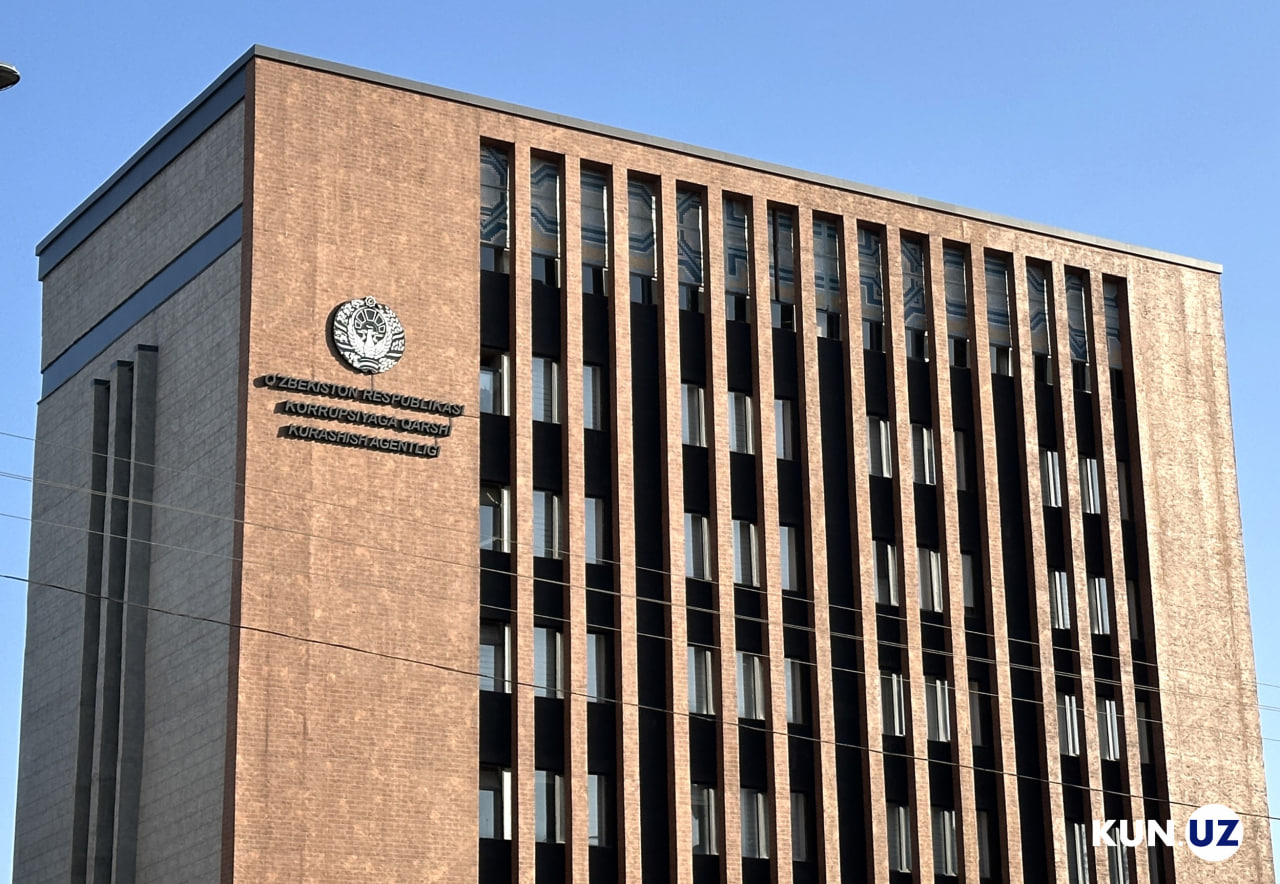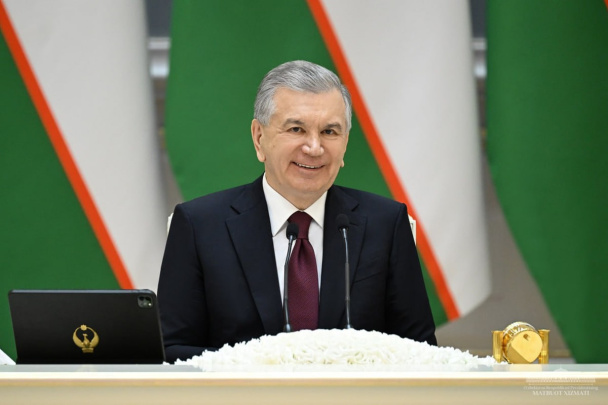Non-implementation of income and asset declarations undermines anti-corruption reforms — Anti-Corruption Agency
The absence of a system for regulating conflicts of interest and requiring state civil servants to declare their income and assets is negatively impacting the effectiveness of anti-corruption efforts in Uzbekistan, according to the National Anti-Corruption Report. The report's authors urge the introduction of a corruption investigation institution, as proposed by the president.

Photo: KUN.UZ
The Anti-Corruption Agency presented its findings and recommendations based on the National Anti-Corruption Report for 2023, which includes an analysis of corrupt criminal activities and criminal-legal statistics.
It was emphasized that in the fight against corruption, government leaders must set a personal example and show initiative. The Agency further stated that although funding for social protection programs has been increasing, the misappropriation and embezzlement of these funds remain a persistent issue.
For example, an investigation into the proper and targeted use of funds for socially vulnerable individuals in the “Temir” (Iron), “Ayollar” (Women), “Yoshlar” (Youth), and “Mehr” (Mercy) registries revealed errors and deficiencies amounting to 82.9 billion UZS in 12,402 cases. As a result, 387 cases were referred to law enforcement agencies.
"The failure to implement a system for regulating conflicts of interest and the declaration of income and assets of state civil servants is undermining the effectiveness of anti-corruption reforms.
Addressing these issues and continuing anti-corruption reforms in a consistent manner, while engaging civil society institutions, media representatives, and the wider public in establishing strong public oversight, remains one of the critical tasks ahead," the Agency concluded in its report.
This system should have been implemented three years ago
It is important to recall that under a presidential decree, a mandatory system for declaring income and assets for state employees, heads and deputies of state-owned enterprises with a stake greater than 50%, and their spouses and minor children was scheduled to be introduced starting January 1, 2022.
The Anti-Corruption Agency submitted a draft law on income and asset declarations to the Cabinet of Ministers on November 13, 2021. However, the government has yet to present the draft law to the Legislative Chamber of the Oliy Majlis.
The Anti-Corruption Agency has stated that the system for income and asset declarations is ready and has been used on a trial basis by the Customs Committee since 2023. However, the draft law is still under review, with provisions related to the disclosure of personal information still being refined.
Earlier, the Director of the Anti-Corruption Agency, Akmal Burkhonov, announced that a draft law establishing a public registry of corrupt officials, along with a set of restrictions for individuals listed in the registry, would be introduced to parliament by the end of September 2024. However, this proposal, which has been delayed for several years, has still not been submitted to parliament as of the stated deadline.
Other proposals from the Anti-Corruption Agency
In the National Anti-Corruption Report, the Agency put forward several key proposals, including:
- the introduction of a “preliminary investigation” corruption investigation institution;
- the establishment of a regional research center dedicated to addressing corruption issues;
- the continuation of "corruption-free sector" initiatives in high-risk areas, as well as the creation of “corruption-free sector offices;”
- the creation of a “Situational Center” to analyze corruption risks across all sectors of public and state life;
- expanding the scope of socially significant information that must be made publicly available;
- strengthening administrative penalties for violations of legal requirements in the state procurement system;
- organizing comprehensive sociological, scientific, and practical research on anti-corruption topics through specialized research institutions;
- the establishment and restructuring of Public Councils under government organizations, local authorities, and administrations in accordance with established standards.
Related News

15:33
Uzbekistan proposes stricter penalties for human trafficking offenders

19:25 / 21.12.2024
Uzbekistan to update Customs Code and boost duty-free imports for IT and fintech growth

14:21 / 20.12.2024
Moscow court arrests citizen of Uzbekistan suspected in murder of General Igor Kirillov: Hearing held behind closed doors

16:17 / 19.12.2024



